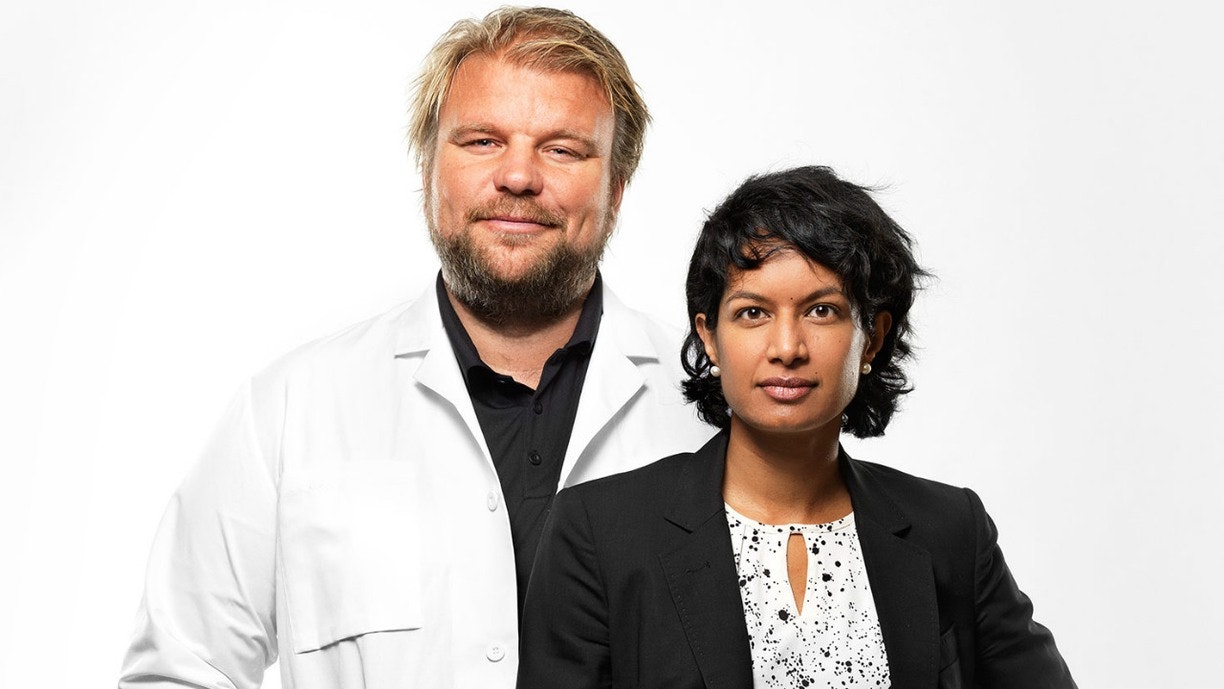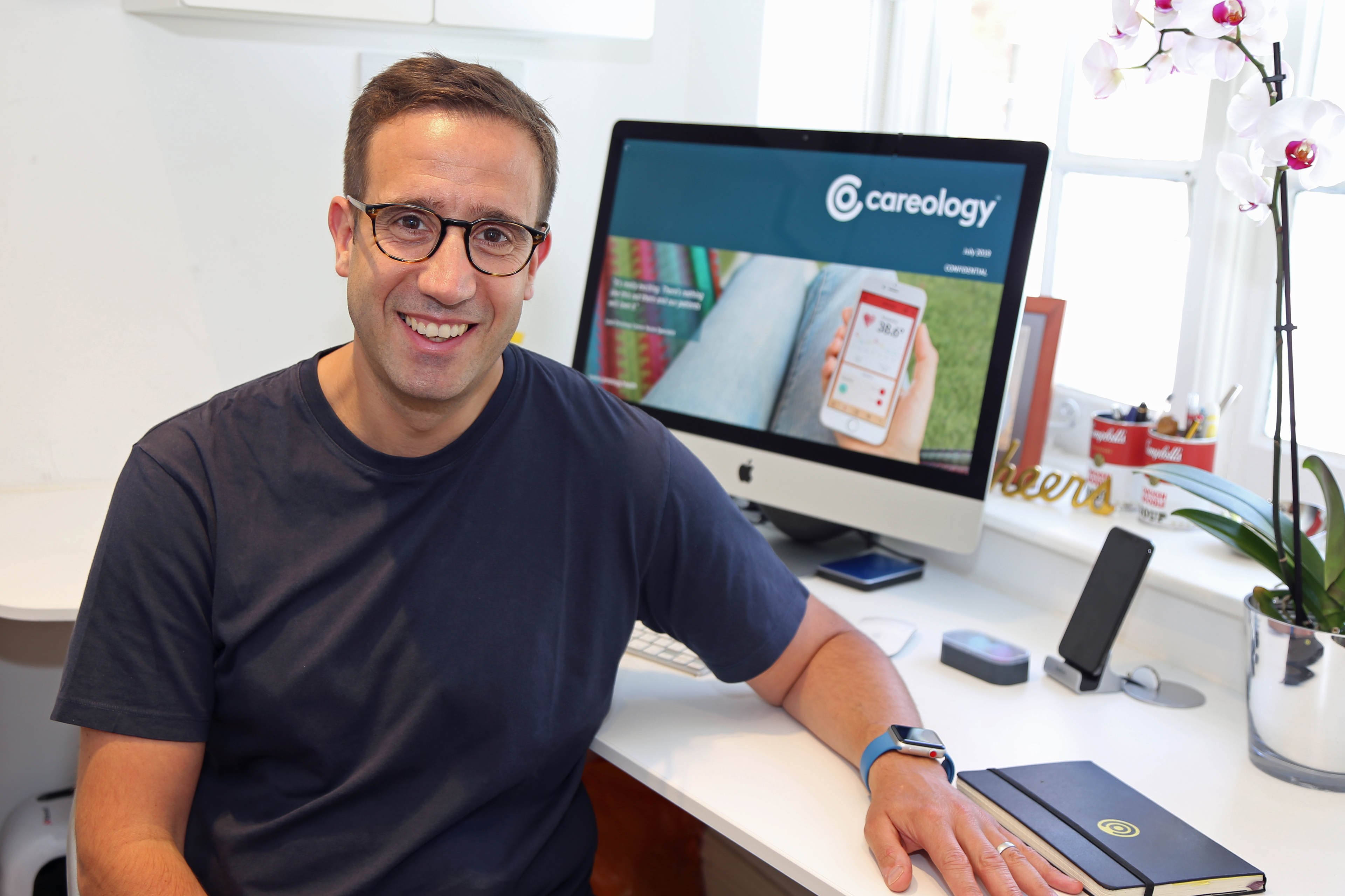Doctor on-demand startups have seen a huge spike in business the last six months, mainly to do with the coronavirus pandemic. But one telemedicine startup, in particular, has not experienced the same lucky break.
Docly, a spin-off from the Swedish digital health provider Min Doktor, has closed down its digital healthcare services in the UK and is now only operating as a technology supplier to Min Doktor, Sifted can reveal.
The startup, which had been partnering with GP surgeries to provide text-based consultations to patients, had only managed to secure a few clients in the UK.
“We would have been able to continue as we were, but it was a rather large organisation and we weren’t moving as fast as we would like. We decided to make a strategic adjustment to our business and focus on what we are best at — the technical platform,” chief executive Roger Jansson told Sifted.
Docly has now laid off eight of the 10 members of its UK team. The remaining team of two will focus on selling the platform to organisations that provide the healthcare themselves.
Why did Docly fail?
Min Doktor, Docly’s twin company, is the third largest digital health provider in Sweden, following Kry (or Livi, as it is known abroad) and Doktor.se. After launching in 2013 and receiving backing from venture capital company EQT Ventures in 2016, the startup was one of the most hyped startups in Sweden.
By 2018, the company had lost much of its glory. Due to changes to Swedish digital health regulation, Min Doktor began looking for a partner to open a number of physical clinics. In August 2018, Pharmacy group Apotek Hjärtat bought 42% of the company — and made clear that all efforts for international expansion would not be paid for by it.
As a result, Min Doktor was split in two: the newly-formed Docly would provide the technical platform and support to both the Swedish entity Min Doktor and also continue the European expansion journey that Min Doktor was prohibited from. After a trial in the Netherlands, France and the UK it was decided that the latter was the only market worth the effort, at least to start with. It opted for the UK, after deciding that the regulatory bodies and compensation models in France and the Netherlands would pose a challenge.
Min Doktor’s main competitor, Kry, did not share Docly’s market analysis. Kry had already set up its business in Spain and Norway and had just raised another €53m to enter France and the UK.
Lack of funding
The problem was that Docly didn’t have the funds available for expanding to all markets simultaneously and therefore had to choose one. But it didn’t quite have the funds to expand into just one country either.
Docly also lost its CEO, Laurens Leurink, in 2019 after an investment round fell through — and the CEO role was then given to the less experienced Roger Jansson.
Without a large fund, the UK team was lacking the financial muscles its competitors had. It still managed to register with the Care Quality Commission at the beginning of August last year and was officially launched as a digital healthcare provider in the UK a week later. The startup also landed the former NHS Digital chief executive, Andy Williams, as chairman of its board. Unfortunately, this was not enough.
In comparison to other doctor on-demand startups, like Babylon Health and Kry, Docly was also fairly short-staffed. At most, Docly had four health staff on a flexible contract and only picked up patients registered at selected clinics in the Leicester area. In comparison, Kry employs 1500 doctors, nurses and other medical staff across Europe.
A competitive field
With its new and less money-draining focus on selling the technical platform, Docly is still facing a lot of competition in the UK. AccuRx and eConsult are two of the biggest companies, but there’s a long list of others dabbling in digital consultations — some of which have done exceptionally well during the coronavirus crisis.
Docly has not seen the same upturn during the crisis but Jansson is still optimistic about being able to successfully sell the platform. Since it has been used by Min Doktor from the start, it has already had about 1m patient consultations. Docly will now have to develop a successful sales organisation quickly to have a chance of survival in the UK — and it’s not exactly off to a flying start.
“We have received inbound requests for our platform but at the moment we have no customer as such,” says Jansson. “However, we have a lot of things in the pipeline within the next few months so I’ll get back to you then.”


